In this episode on the We’re Not Stumped podcast, I’m honored to have Elysia Everett, founder and CEO of Friendly Like Me.
Friendly Like Me is an innovative app dedicated to finding and reviewing accessible places. Its mission is to enhance accessibility in public spaces and make it easier for everyone to discover accessible locations, ensuring more people can participate in various activities without hindrance.
Access to accurate accessibility information is vital for full participation in society. Unfortunately, such information is often scarce, subjective, and difficult to find. This lack of reliable data frequently prevents individuals from engaging in activities they would otherwise enjoy, including visiting size-friendly and accessible businesses across the United States. Friendly Like Me is committed to changing this, benefiting everyone.
Through collaboration with reviewers, advocates, and business owners, Friendly Like Me strives to create more welcoming and accessible places. The platform facilitates interaction between people and businesses about specific accommodations needed to attract customers who prioritize accessibility. It’s worth noting that US adults with disabilities, including many individuals of higher weights, represent the third-largest market segment in the country. According to the American Institute for Research, the discretionary income for working-age persons with disabilities is $21 billion.
Businesses can claim their listings on Friendly Like Me to inform patrons about their amenities and any limitations. Transparency is key—it’s very friendly to let people know in advance if they cannot accommodate them. Friendly Like Me’s reviews focus on the presence or absence of specific accommodations, reducing the subjectivity often found in star-based review systems.
Links:
Friendly Like Me Website: https://www.friendlylikeme.com/
#accessible #accessibleliving #accessibleeducation #accessibility #accessibilityawareness
Listen on Apple Podcasts
Watch on YouTube
Listen on Spotify
When Drew Ann Long, a stay-at-home mom from Birmingham, Alabama, discovered there were no shopping carts designed for her daughter Caroline — who has Rett syndrome and cannot walk or talk — she decided to create one herself. In this inspiring episode of We’re Not Stumped, host Mike Bolland sits down with Drew Ann to discuss her journey from frustrated mom to inventor of Caroline’s Cart, an adaptive shopping cart now featured in over 15,000 stores across eight countries, including Walmart, Target, Kroger, and Lowe’s. Drew Ann opens up about overcoming rejection, financial struggles, and even a hacked social media page — all while pursuing her mission to bring dignity and inclusion to families with disabilities.
In this powerful episode of We’re Not Stumped, host Mike Bolland sits down with Josh Green, an above-knee amputee, patient advocate, and founder of the Northeast Ohio Amputee Support Group. Josh lost his leg at just 4 years old and has since turned his life experiences into a mission to uplift and educate others in the limb loss community. Josh opens up about growing up with a prosthetic, how his parents’ positive outlook helped him build confidence, and how sports played a major role in his development. Later in life, he faced new challenges but found strength by connecting with other amputees and realizing the power of community. From overcoming early challenges to empowering others through advocacy and education, Josh Green’s story is one of resilience, leadership, and unwavering positivity.
In this episode of We’re Not Stumped, host Mike Bolland — born without his right hand — shares a powerful message about why he feels dressing well matters for the limb loss and disability community. This isn’t about vanity — it’s about confidence, self-respect, and advocacy. Mike explains how personal style can change the way we feel about ourselves and the way others see us. From challenging stereotypes to promoting positive representation, dressing with pride is one way to say: “I belong here — just as I am.” 🎙️ In this episode, Mike discusses: Why appearance and self-expression are empowering after limb loss or disability How dressing well helps break stereotypes and reshape public perception The connection between confidence, mental health, and advocacy How showing up with pride inspires others in the community 👕 Dressing well isn’t about perfection — it’s about showing pride in who you are. Because when we show up confidently, we make it easier for others to do the same.

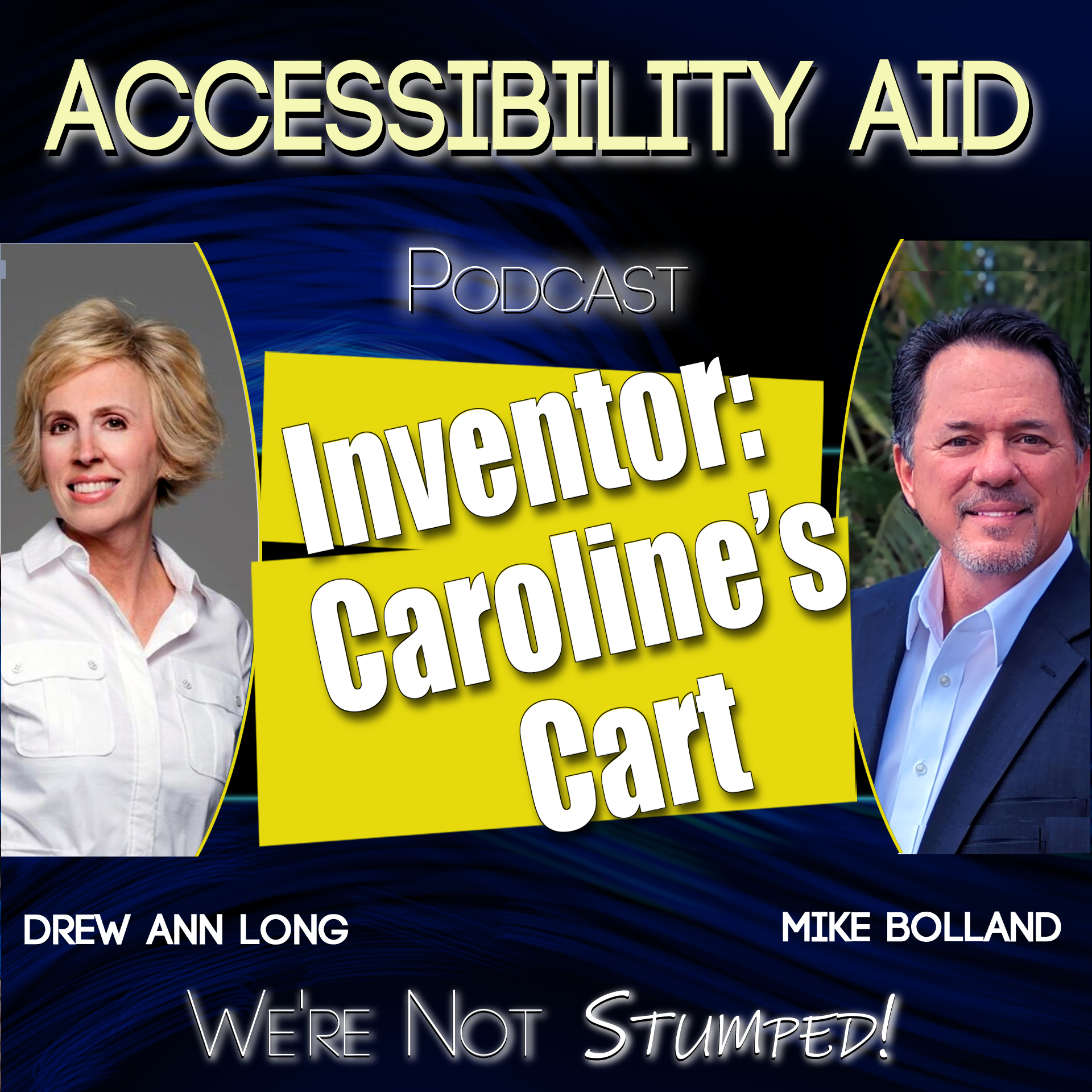
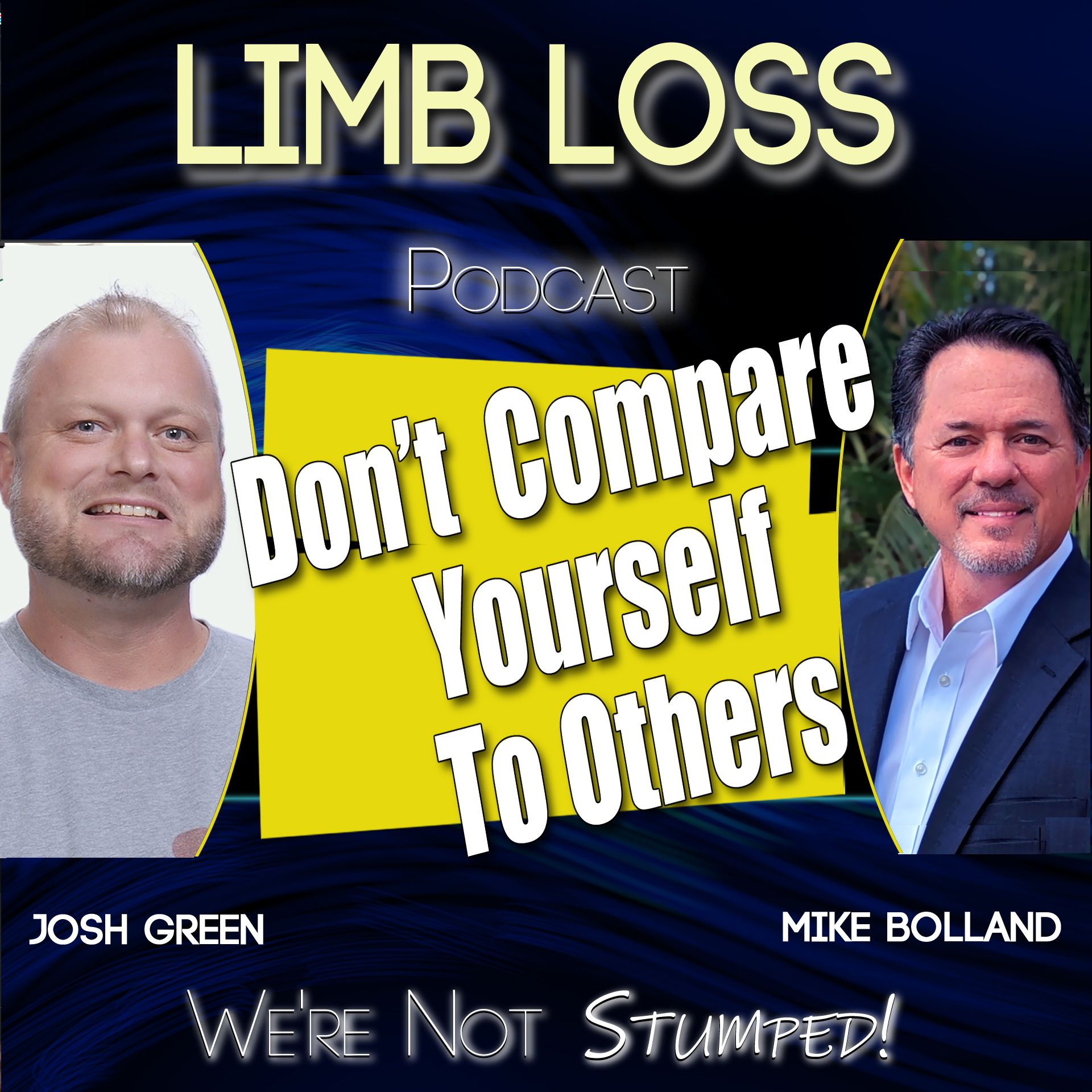
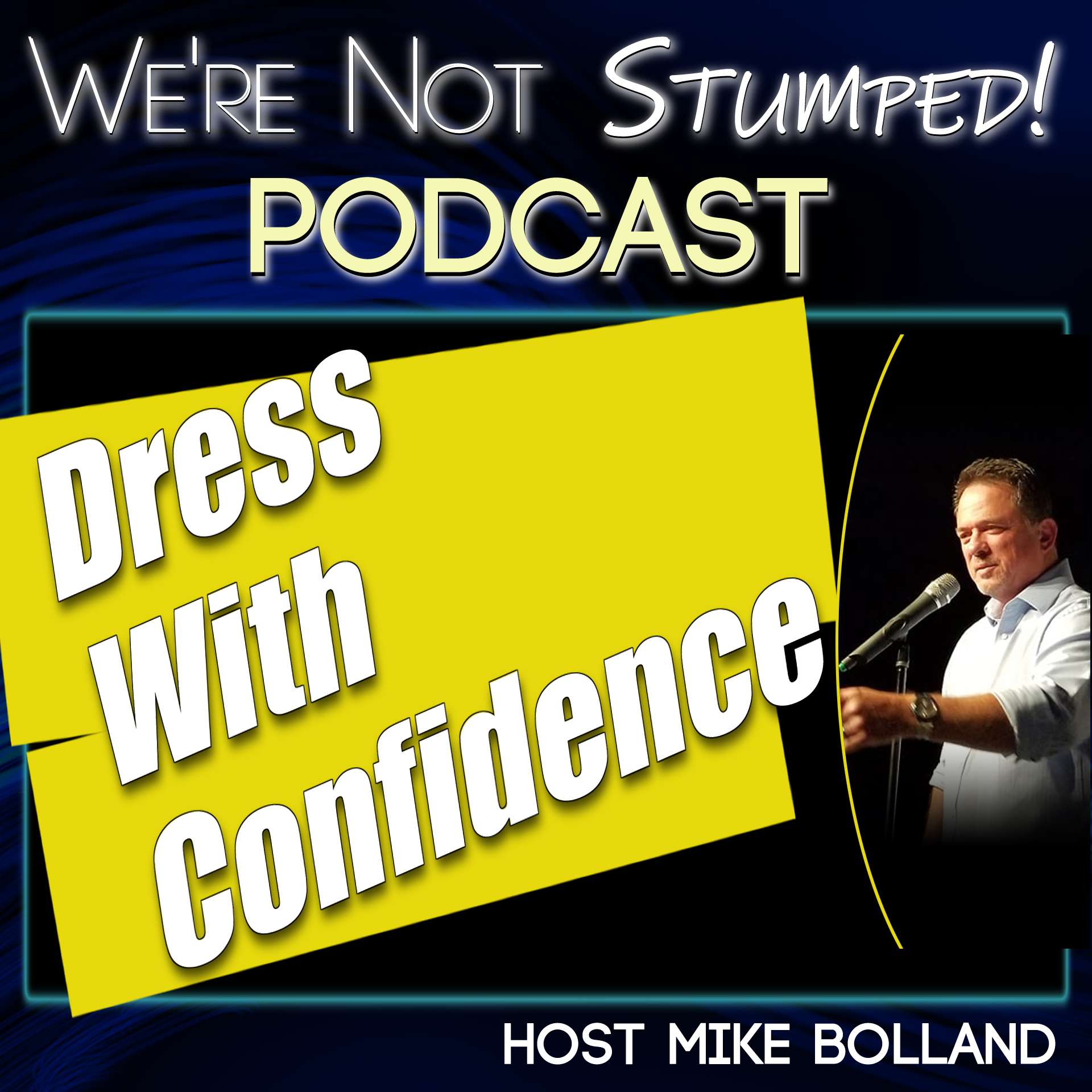
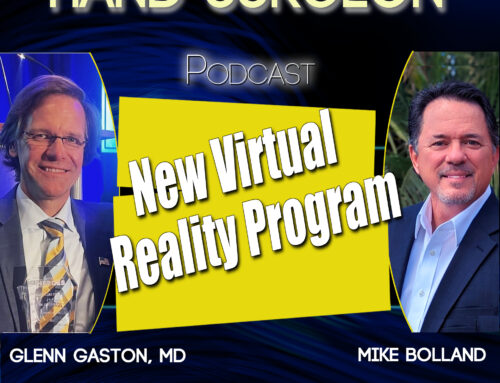
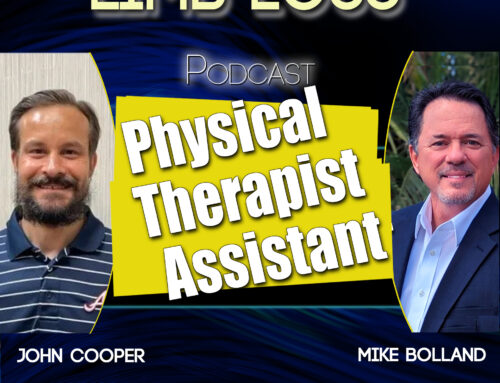
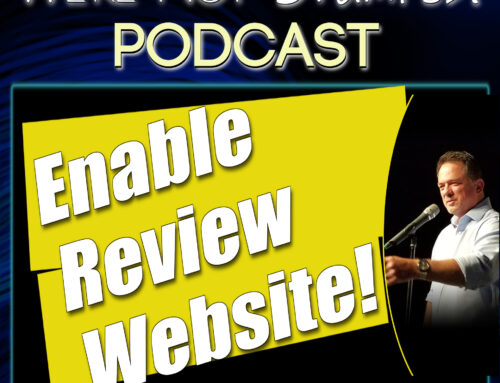
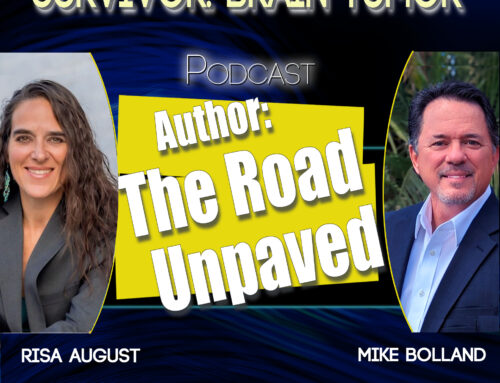
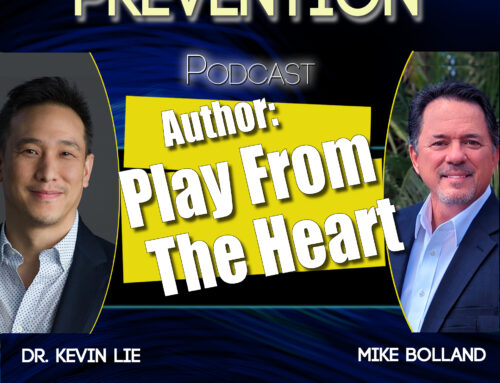
Leave A Comment